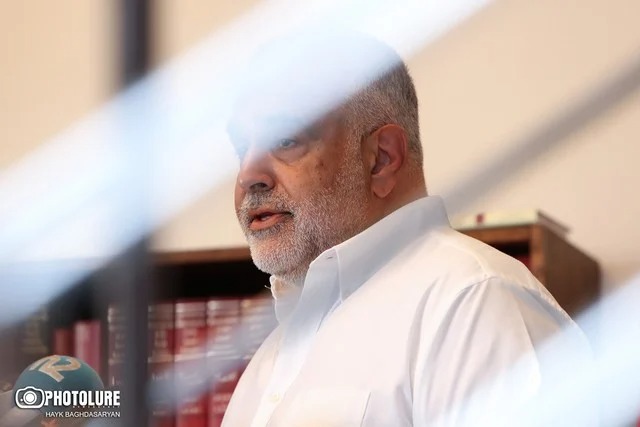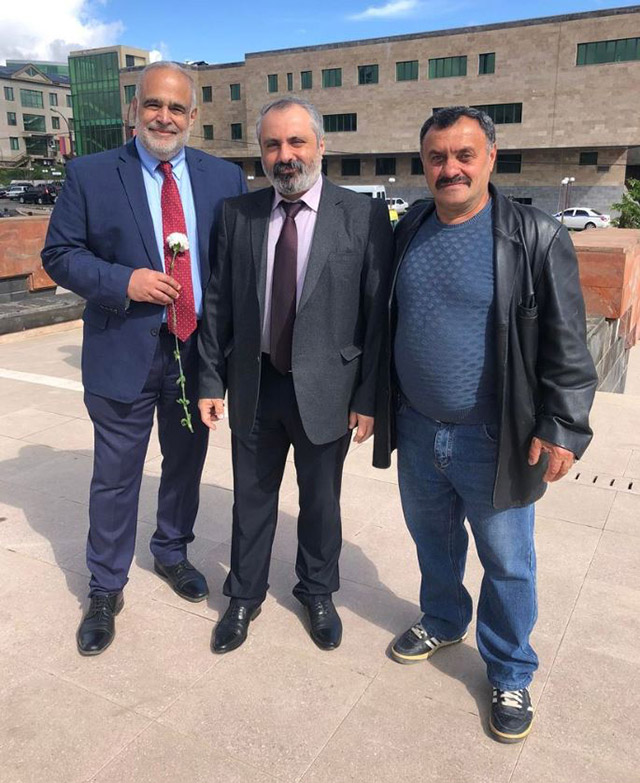Regardless of who will be the president of Armenia and who will be the “chief oppositionist,” who will be radical and revolutionary, and who will be conservative or indecisive, the worst result these post-election developments can yield is disappointment. That word is pronounced more often after April 9. It’s a great pity. I have said many times already that one should not be excited to such an extent that one can give way to major depression afterwards, furthermore, one shouldn’t pin any hopes on this or that date. Tomorrow I will lose 10 kilograms, on May 11, I will speak Japanese fluently, and, say, on October 16, the rule of law and democracy will be established in Armenia. And once these things don’t happen, “uh-oh” starts – I am getting my stuff together, this is not a country, let me go and come back when it improves. The issue is that such phenomena cannot happen “now, now, now,” they happen “always, always, always,” but if you don’t put effort every day, there will be a regress, and if you put that effort, there won’t be the shining of a fertile lightning, but traditions and culture will be formed that is a continuous process, not a final result. One cannot be disappointed with that kind of thinking, realizing that you progress building something at every moment. To be ready, as Kipling said, that you can lose and start again at your beginnings.
And, certainly, to learn your lessons. The main lesson that the opposition – not only Raffi Hovhannisyan – should learn from April 9 is that in order to hold a rally or any other event, one should have a clear program and clear organizational structure. The model “my people and I” doesn’t work; it leads to a situation, when a part of the people goes to 26 Baghramyan, another part to the Armenian Genocide Memorial, another one may wish to go to, say, the Garni Temple. The demonstration or the march of the opposition, as far as I can understand, is to show the strength, the decisiveness, and the unity of its ranks. In that sense, it seems to me that it is more meaningful to take the route agreed on with the police, but together, in a dense mass, than to improvise and instigate meaningless clashes. No matter how unlawful the actions taken by the police were, the propaganda effect of those is less powerful than that of a really strong march.
However, if the goal of different opposition forces is a change of power, as a result of which, in their opinion, justice and well-being will be established, they should not be torn apart. In
particular, the criticism of Raffi Hovhannisyan should not be malicious. That is what is called “playing into the regime’s hands.”
Read also
About 10 years ago, during a press conference, when impatient journalists were asking Stepan Demirchyan questions about his tactical mistakes, one of experienced politicians of Armenia, Babken Ararktsyan, remembered the well-known proverb “Don’t shoot the piano player, he’s doing the best he can.”
ARAM ABRAHAMYAN



















































